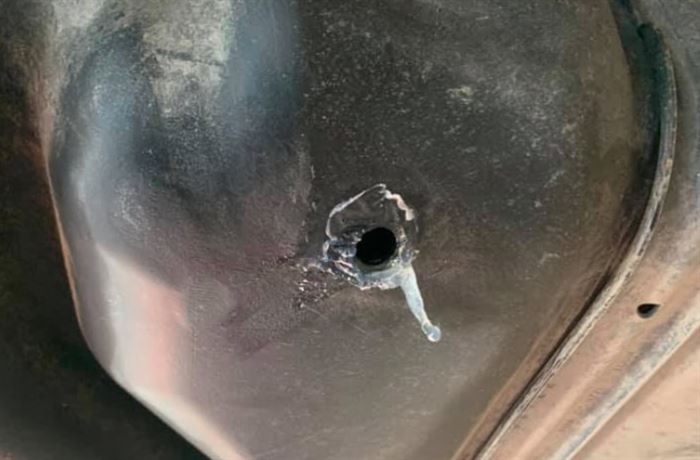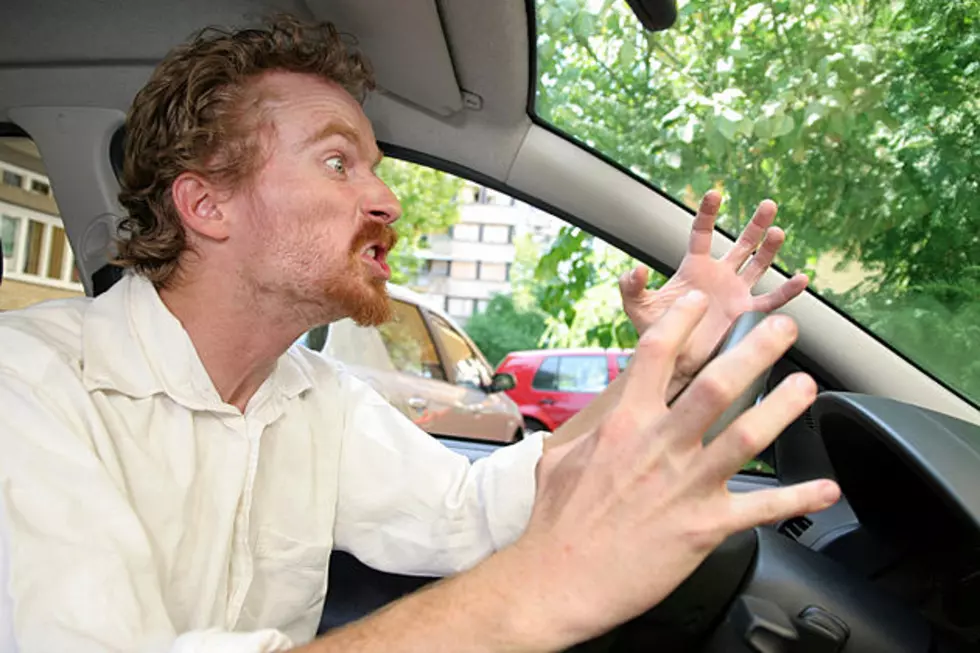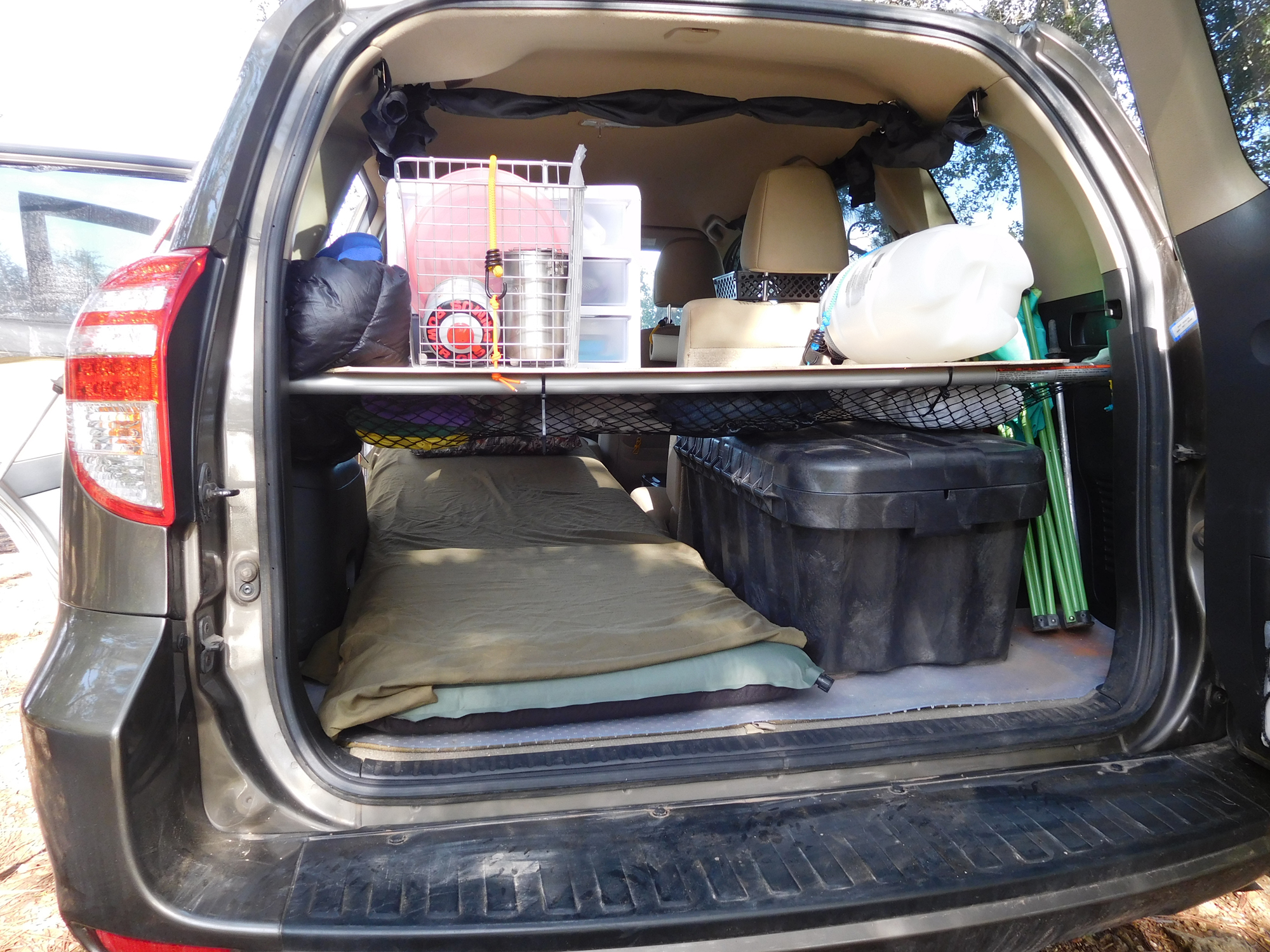
In State v. LaPointe, the WA Court of Appeals held that when a defendant pleads guilty on the same day in a single proceeding to multiple counts of misdemeanor vehicle prowling, the crime of vehicle prowling in the second degree is not elevated to a felony.
BACKGROUND FACTS
On December 9, 2013, Clifford Paul LaPointe Jr. pleaded guilty as charged by amended information to two counts of misdemeanor vehicle prowling in the second degree in July 2013 and in September 2013. LaPointe also pleaded guilty as charged by amended information to vehicle prowling in the second degree in May 2013 under a different cause number. On January 3, 2014, the court sentenced LaPointe on the convictions. The court imposed a concurrent 364-day suspended sentence.
On January 6, 2016, the State charged LaPointe with felony vehicle prowling in the second degree. The information alleged LaPointe had “previously been convicted on at least two separate occasions of the crime of vehicle prowling in the second degree, each occurring on a separate date and not having been charged in the same charging document.”
LaPointe filed a Knapstad motion to dismiss the charge of felony vehicle prowling in the second degree. He argued that under the plain and unambiguous language of RCW 9A.52.100(3), he had not been previously convicted on “two separate occasions.” LaPointe argued the record established he pleaded guilty in 2013 by amended information to the misdemeanor vehicle prowling in the second degree charges on the same day and in the same proceeding.
However, the State counter-argued the court should deny the motion to dismiss under RCW 9A.52.100(4). The State reasoned that because LaPointe pleaded guilty as charged in two amended informations to offenses that occurred on different dates, his 2013 convictions elevated the current offense to a felony.
The trial court denied LaPointe’s Knapstad motion. It reasoned that LaPointe was previously convicted on at least two separate occasions because he pleaded guilty in 2013 to misdemeanor vehicle prowling in the second degree based on separate dates of occurrence as charged in separate charging documents.
LaPointe agreed to a trial on stipulated facts (bench trial). The court convicted LaPointe of felony vehicle prowling in the second degree. The court ruled the State proved beyond a reasonable doubt that LaPointe had been previously convicted on two separate occasions of the crime of misdemeanor vehicle prowling in the second degree.
On appeal, LaPointe contends the court erred in denying his Knapstad motion to dismiss the felony charge of vehicle prowling in the second degree.
COURT’S ANALYSIS & CONCLUSIONS
On review, the Court of Appeals gave some necessary background. It explained that in 2013, the Washington State Senate proposed an amendment to RCW 9A.52.100 to elevate the crime of misdemeanor vehicle prowling in the second degree to a felony upon a third or subsequent conviction. Afterward, the Washington State House of Representatives amended Senate Bill 5053 to define when a third or subsequent conviction elevates vehicle prowling in the second degree to a felony.
Next, the Court turned to LaPointe’s arguments regarding statutory interpretation. “LaPointe argues that under the plain and unambiguous language of RCW 9A.52.100(3), the court erred in denying his Knapstad motion to dismiss the felony charge because he had not been previously convicted on two separate occasions,” said the Court. “The State asserts that under RCW 9A.52.100(4), LaPointe was previously convicted on two separate occasions because he was not charged in the same information and the crimes occurred on different dates.”
The Court of Appeals reasoned that when interpreting a statute, the fundamental goal is to ascertain and carry out the intent of the legislature:
“We seek to determine legislative intent solely from the plain language of the statute. The plain meaning of a statutory provision is to be discerned from the ordinary meaning of the language at issue.”
The court further explained that it derives legislative intent from the plain language of the statute by considering the text of the provision in question, the context of the statute in which the provision is found, related provisions, and the statutory scheme as a whole.
“We do not analyze individual subsections in isolation from the other sections of the statute when doing so would undermine the overall statutory purpose,” said the Court. “We must also interpret and construe a statute to harmonize and give effect to the language used in the statute with no portion rendered meaningless or superfluous and assume the legislature means exactly what it says.”
It reasoned that in this case, the defendant was convicted of two counts of vehicle prowling in the second degree under King County Cause No. 13-1-13980-1, and one count of vehicle prowling in the second degree under King County Cause No. 13-1-12822-1. These convictions are each based on separate dates of occurrence. The convictions under 13-1-13980-1 were charged in a charging document that is separate from the charging document in 13-1-12822-1. The two cause numbers were sentenced on the same date to give the defendant the benefit of presumptively concurrent sentences.
“The State’s argument that by identifying two situations that do not count as convictions for purposes of charging a felony in RCW 9A.52.100(4), the legislature has defined “separate occasions” that elevate the crime to a felony, is the inverse of what the language actually says,” said the Court. “RCW 9A.52.100(4) states that multiple counts of vehicle prowling either charged in the same information or ‘based on the same date of occurrence’ do not count as separate offenses for the purposes of charging as a felony:
“Multiple counts of vehicle prowling (a) charged in the same charging document do not count as separate offenses for the purposes of charging as a felony based on previous convictions for vehicle prowling in the second degree and (b) based on the same date of occurrence do not count as separate offenses for the purposes of charging as a felony based on previous convictions for vehicle prowling in the second degree.”
“The State’s argument also relies on a logical fallacy,” said the Court. “The proposition that ‘A implies B’ is not the equivalent of ‘non-A implies non-B,’ and neither proposition follows logically from the other.” In other words, said the Court, identifying two situations that do not count as separate offenses does not mean the inverse—that pleading guilty on the same day in the same proceeding to multiple charges that occurred on different days in two different cause numbers elevates the crime to a felony.
The Court reasoned that because neither a plain reading of the statutory scheme as a whole nor legislative history clearly resolves the ambiguity, under the rule of lenity, it interpreted the statute to mean that when a defendant pleads guilty on the same day in a single proceeding to multiple counts of misdemeanor vehicle prowling as charged by amended information in two different cause numbers, the crime of vehicle prowling in the second degree is not elevated to a felony.
With that, the Court of Appeals reversed the lower court’s denial of LaPointe’s Knapstad motion to dismiss and also reversed his conviction of felony vehicle prowling in the second degree.
Please contact my office if you, a friend or family member are charged with a crime. Hiring an effective and competent defense attorney is the first and best step toward justice.










